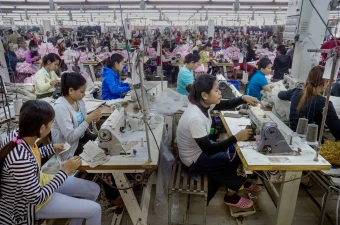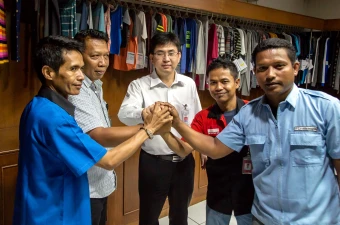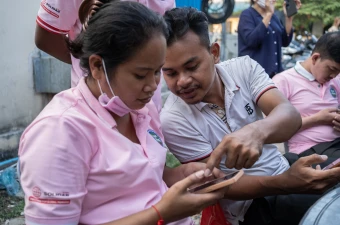International community urges Cambodian Government to take action
The European Union reviewed Cambodia’s Everything but Arms (EBA) benefits and has now decided to partially and temporarily suspend preferential tariffs the Government of Cambodia enjoyed. This decision comes at the end of years of concerns raised by the international community. The onus is now on the Cambodian government within the next six months to show willingness to demonstrate a change in policy and practice to meet international conventions to avoid its implementation.
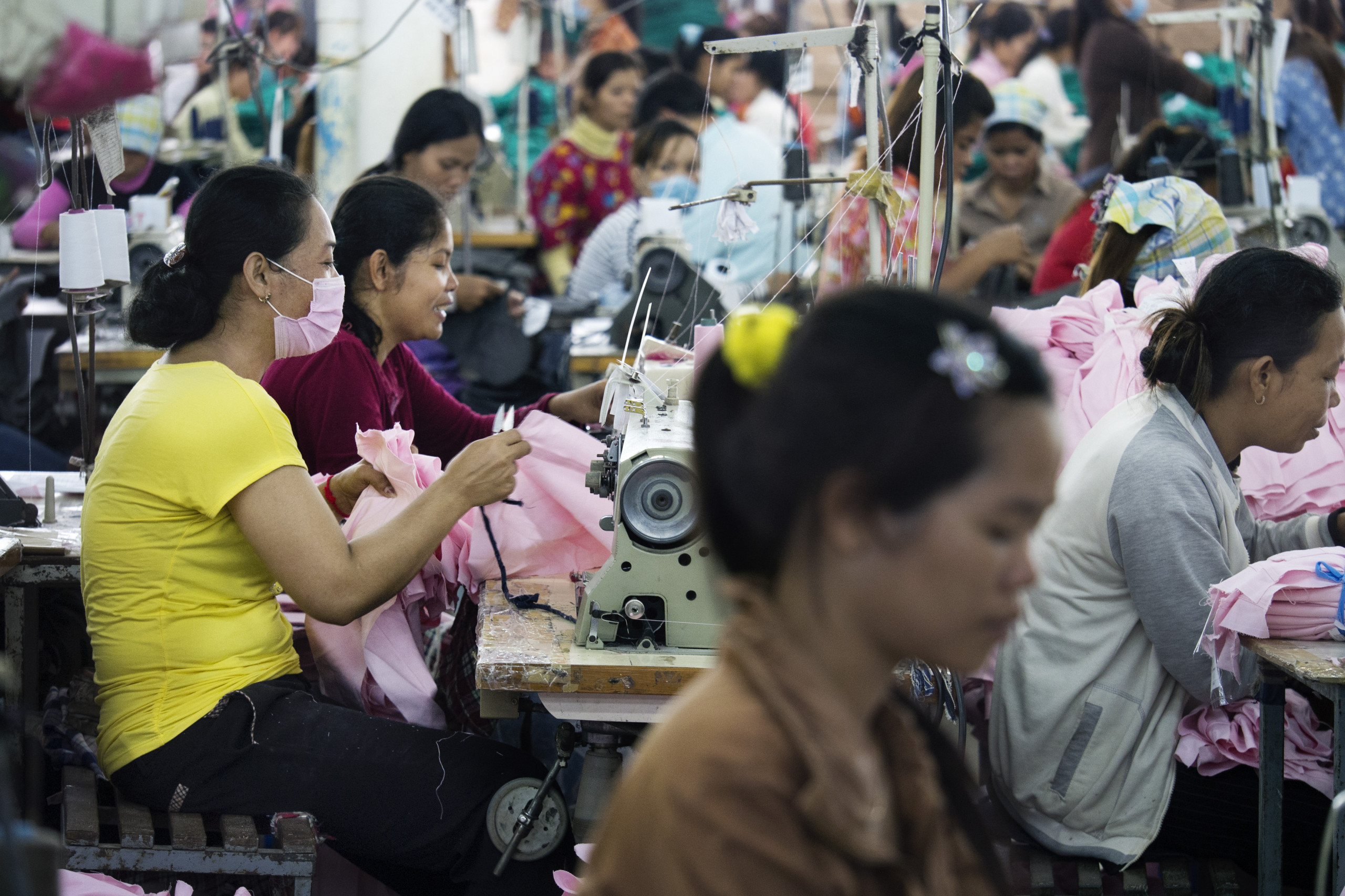
After a yearlong official investigation, and despite progress, the EU still found serious and systematic violations of human rights including severe limitations to political rights and freedom of speech as well as serious barriers to labour rights and workers exercising their associational rights.
Indeed, both before and after the 2018 elections, labour advocates, union leaders and activist workers have been increasingly targeted by the Cambodian government. Lately there has been some progress: This includes the resolution of some of the fabricated criminal charges against union leaders, the restoration of some of the unions’ ability to access the Arbitration Council, and some recent amendments to the Trade Union Law.
At the same time, the current environment for labour rights advocates, trade union leaders, and civil society activists remains not conducive to ensure a genuine improvement of the human rights and labour rights situation in Cambodia. The amendments to the Trade Union Law do not meet the test of international labour standards. Also, fabricated court cases against union leaders remain, and only recently trade union leaders were wrongfully convicted in the Capitol bus case. The result of this conviction and other court cases still results in a broad climate of fear preventing workers to stand up and assert their rights.
The EU’s decision will take effect on the 12th of August 2020 and targets around 20% of the export including garment, footwear and accessories. It will therefore affect a significant part of the 600.000 workers employed in the sector.
Furthermore, the decision of the EU to partially and temporarily suspend preferential tariffs may also impact the preferential tariffs granted by the US. Members in the U.S. Congress have introduced bills that would require the U.S. Government to review Cambodia’s Generalized System of Preferences (GSP) benefits based on the declining respect for labour standards, including freedom of association, and other issues related to respect for human rights issues in Cambodia.
Government of Cambodia: increase your efforts
We therefore call upon the Government of Cambodia to increase its efforts and make additional improvements on human and labour rights violations. We would encourage the Government of Cambodia to demonstrate concrete and sustainable progress to the EU, and strongly recommend doing so before the EU deadline. As such we urge the Cambodian government to immediately address four key issues:
- Amend the Trade Union Law (TUL). The amendments promulgated on January 3, 2020, fall short of international labour rights standards, fail to eliminate arbitrary hurdles to union registration, and restrict the ability of all unions to fully represent their members. Please see the Attachment for recommended changes.
- Repeal the Law of Associations and NGOs. The current law enables an atmosphere of harassment and repression against civil society organizations and unions.
- Drop all outstanding criminal charges against union leaders. The Cambodian government should cease further baseless judicial proceedings against labour activists.
- Respect and foster the important role of the Arbitration Council. In addition, the Cambodian government should respect the ability of all unions to represent their workers before the Arbitration Council.
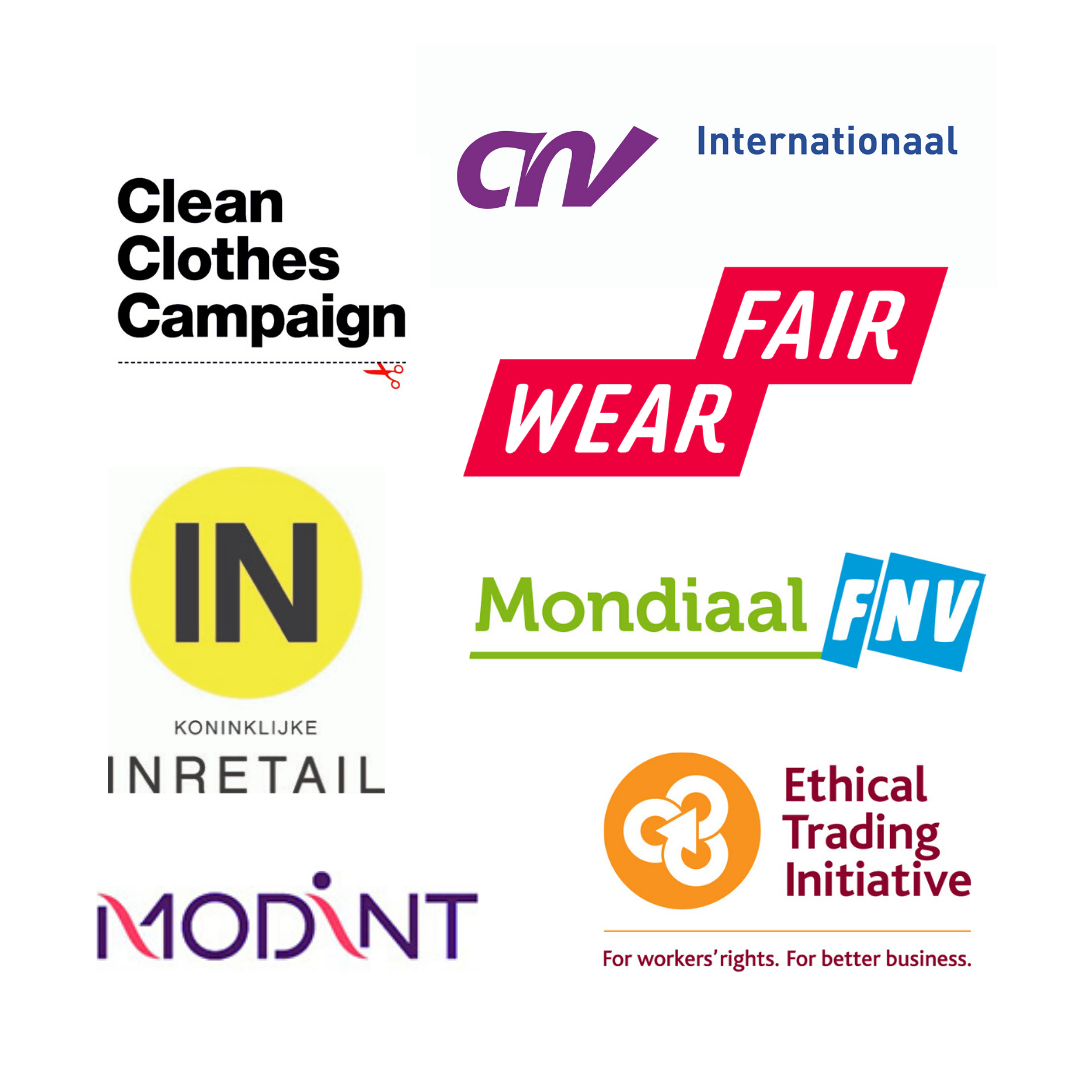
Clean Clothes Campaign
CNV Internationaal
Ethical Trading Initiative
Fair Wear Foundation
INRetail
Modint
Mondiaal FNV
Publication date 13 02 2020
